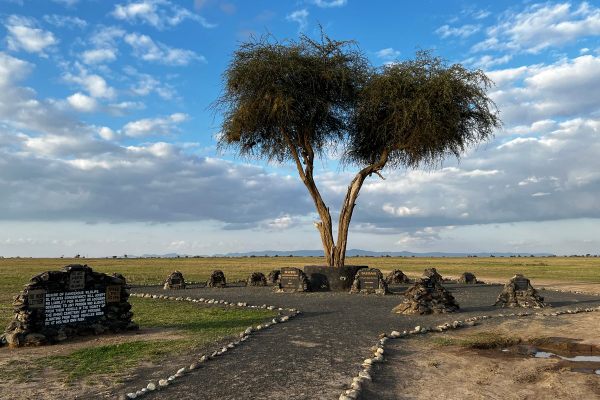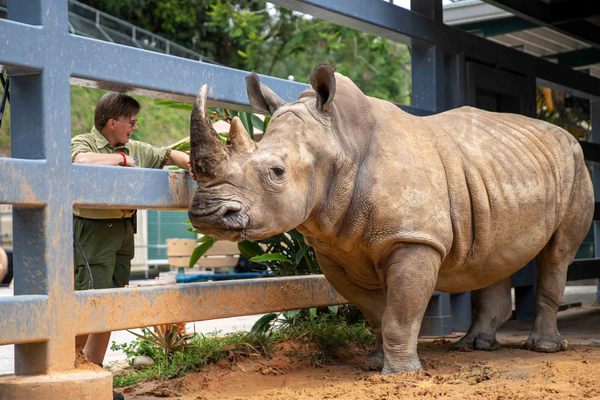The Last Wild Caribou in the Contiguous U.S. Is No Longer Wild
After a brief stint in captivity, she will be released, but even then, her future is uncertain.

On January 14, 2019, the last mountain caribou to call the contiguous United States home made her exit from the wild, according to Science.
A team of biologists from British Columbia captured the female caribou in the Selkirk Mountains, just north of the United States-Canada border. They moved her to a captivity pen near the city of Revelstoke, where she will stay for at least a month, Science reports. It is believed that she is the only surviving member of the southernmost caribou herd, the final herd to spend its time on both sides of the border.
Canada’s caribou populations have been dwindling over the years as their habitats become increasingly threatened by those seeking the natural resources, including timber, gas, and oil, present there. Climate change has also been a major factor as it cripples food sources and creates irregular weather patterns, making it difficult for caribou to survive.
Without an abundance of caribou, other animal populations across Canada stand to suffer. Caribou are regarded as an umbrella species, meaning their survival directly impacts the entire ecosystem where they reside. Their droppings help restore various plants that are crucial to the diets of other animals living in their habitat. Predators such as grizzly bears and wolves rely on caribou as a key food source. They have also been key to the survival of Indigenous populations across Canada for centuries, providing clothing, tools, and weapons.
The ultimate plan for this particular female caribou is to release her, along with two others from endangered herds, back into the wild. At that point, the CBC reports, they’ll join a different herd, one in Canada with 146 animals. However, because mountain caribou are unique, an ecotype found nowhere else, no one is sure if these individual animals will survive.












Follow us on Twitter to get the latest on the world's hidden wonders.
Like us on Facebook to get the latest on the world's hidden wonders.
Follow us on Twitter Like us on Facebook